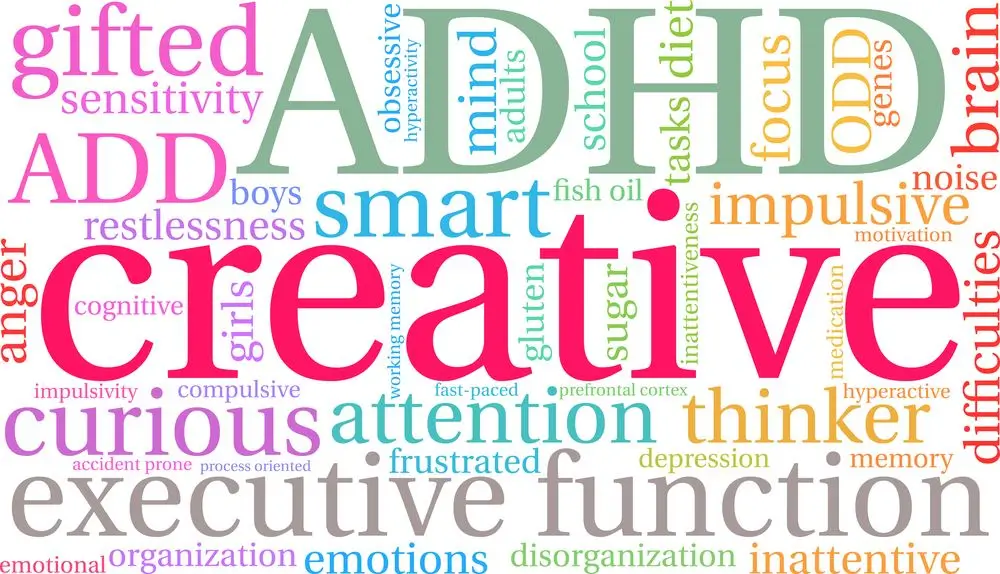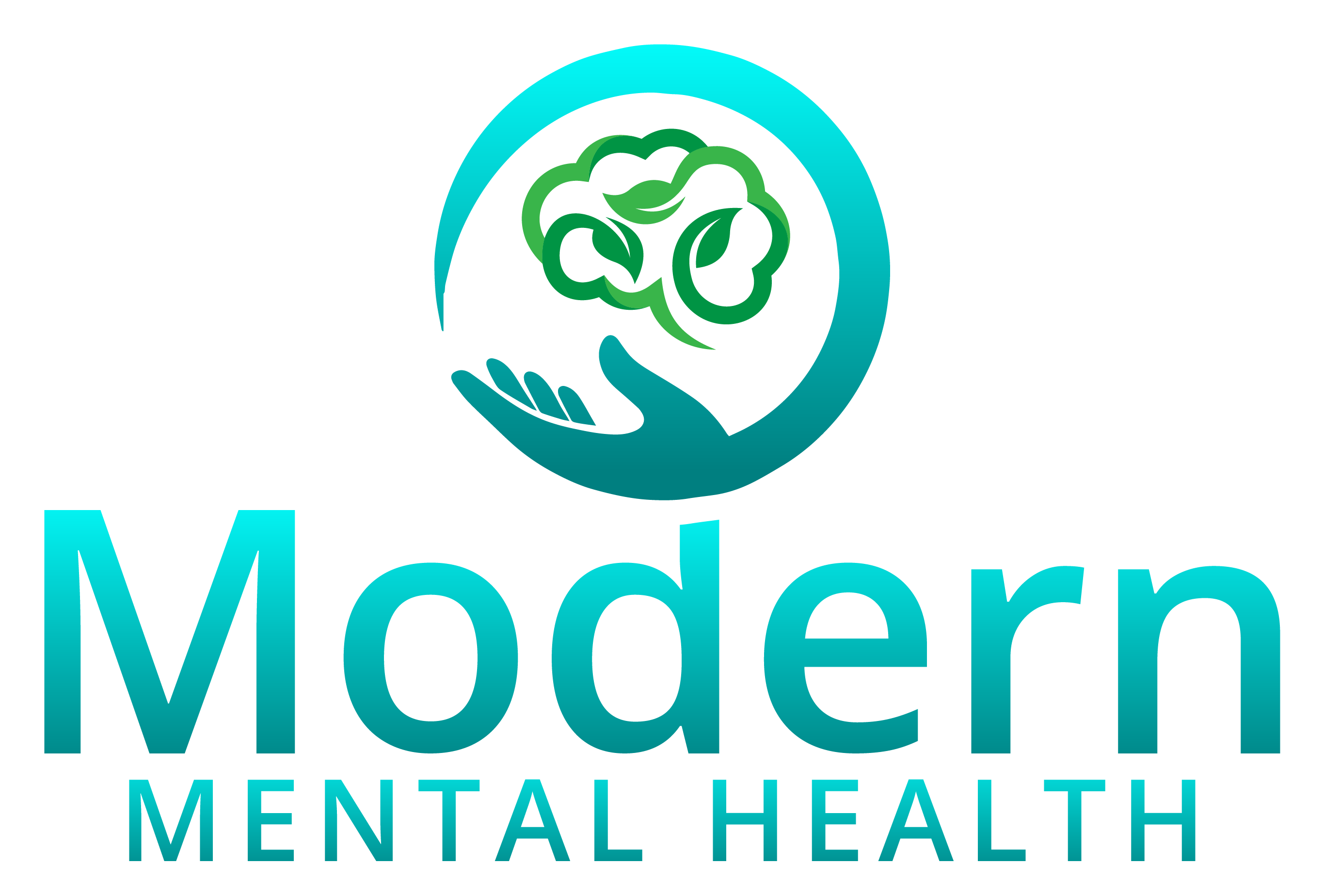WOMEN ADHD

Women with ADHD
Women with ADHD face very unique challenges involving ADHD treatment throughout their lives. In addressing your ADHD, we prioritize empowering you to express yourself while ensuring you comprehend the significant strengths that women with ADHD possess. Women are often misdiagnosed and extremely underdiagnosed when it comes to ADHD. Women with ADHD also experience symptoms differently than their male counterparts. We help you understand that you are not alone and that feeling frustrated or experiencing self-doubt is normal. Our job is to validate your concerns and help you recognize and welcome the exceptional assets that come with ADHD. We believe in an ADHD-friendly culture that emphasizes treating behaviors that impact your daily life. We go beyond your symptoms and look at the real-life relevance of ADHD behavioral obstacles including emotional dysregulation, perfectionism, cognitive flexibility, impulsiveness and more. This ensures that our care is tailored to your specific challenges and needs.
Understanding and applying solutions to how ADHD manifests in women is essential to the successful treatment of women with ADHD. Studies show that women with ADHD report higher levels of impairment from ADHD symptoms due to having to wear multiple hats and being more likely to have to multitask. Women with ADHD can also be greatly impacted by cyclical hormonal changes or changes in hormones postpartum or during menopause. Whereas traditional models of care focus on symptoms alone, we prefer a model that considers how your ADHD related behaviors impact social, academic, and occupational functioning. We believe successful treatment of women with ADHD begins with understanding presentation differences between women and men, the impact that gender role expectations have on women with ADHD, and how co-existing mental health issues influence ADHD symptoms.
ADHD is a common and often talked about neurological disorder that affects women differently than men. Although the differences in women with ADHD typically start at or around puberty, and to a lesser extent elementary school age, they are often overlooked. Of all people diagnosed with ADHD hyperactive type, only approximately 20% are female. Teachers are often the first to recognize and report ADHD hyperactive symptoms that lead to distractions in their classes. Overtime, this has led to gender biased research strongly favoring boys and men. The vast majority of research across the lifespan is dedicated to externalized symptoms that generally focus on disruptive behaviors related to hyperactivity and impulsivity. This has led to women with ADHD being underdiagnosed because their symptoms as young girls likely did not result in behavioral problems at school or at home. Women with ADHD are much more likely to have experienced symptoms such as daydreaming, forgetfulness, and inattention as girls. To add to the confusion, when women with ADHD do express hyperactive symptoms, they may do so in less disruptive ways like increased socialization or talking, bouncing a foot up and down, or by picking at their cuticles.
Beginning in adolescence and continuing through adulthood, women with ADHD are routinely misunderstood and extremely underdiagnosed. It is estimated that as many as 75% of women with ADHD may not know that they have ADHD. Factors include lack of substantial research across the lifespan, presentation differences, gender role expectations, and other reasons that result in misdiagnosis and delays in treatment for women. Although women are just as likely to have ADHD as men, women may be misdiagnosed with depression, anxiety, or another psychiatric disorder before ADHD is even considered. Even in cases where another diagnosis is applicable, ignoring ADHD can further complicate or exacerbate problems associated with other mental health disorders. Conversely, treatment of ADHD can significantly improve symptoms linked to depression and anxiety.
Although women with ADHD are typically diagnosed in their late teens or early twenties, it is not uncommon for many women with ADHD to be diagnosed in their thirties or forties. In fact, a growing number of woman report being diagnosed only after their child was diagnosed and they saw similar symptoms in themselves. Studies show that the vast majority of men and women with ADHD reported that they first noticed problems with procrastination and time management in their early teens. However, women report a much lower degree of impact to academic competence related to those reasons. Thus, women with ADHD were not only less likely to have behavioral problems, but they were also less likely to see an obvious decline in grades. All the more reason for women with ADHD to fly under the radar. Undiagnosed women with ADHD may experience increased difficulty with managing symptoms and behaviors of ADHD during milestones such as beginning college, transitioning to a career, or starting a family. Earlier detection of ADHD is helpful because symptoms may worsen with time as well as evolve or change depending on lifestyle.
Gender roles and stereotypes influence how women with ADHD see themselves. Women, with or without ADHD, are much more likely to have to multitask in response to life changes. Many women with ADHD report that as teens they felt pressure to be organized, quiet, and emotionally regulated. In fact, studies show that girls with ADHD are more likely to struggle with peer rejection and harassment than girls without ADHD. As a result, when girls with ADHD perceive themselves as failing to meet social norms, they often are motivated to mask or hide their symptoms in some way. In response to feelings of inadequacy, women with ADHD often develop compensatory behaviors like perfectionism or people-pleasing in their teens. Overcompensation, which can be correlated with a need for external validation and fear of rejection, often leads to higher levels of anxiety and burnout. Studies show that women with ADHD are more likely to have a higher sense of perceived failures. This may lead to imposter syndrome, hypercritical self-talk, and having a difficult time with the acceptance of positive feedback.
Remember, our goal is to help you own your ADHD in order to thrive in all areas of life. Women with ADHD that report career or academic success often feel that they have had to work harder than their female colleagues to reach their goals. While women with ADHD have the tools to be successful, feelings of exhaustion and overwhelm may lead to lack of consistent application. By recognizing the exceptional strengths that you already have, treating women with ADHD becomes much easier. Women with ADHD show high levels of creativity in problem-solving, artistic endeavors, and entrepreneurial environments. They excel in thinking outside of the box and quickly compare and contrast concepts efficiently. Women with ADHD tend to be empathetic, supportive, intuitive, and insightful. Women with ADHD show high levels of resilience and adaptability. They are comfortable in dealing with change, they reason through unforeseen problems and are seen as resourceful. Finally, women with ADHD are known to be energetic, enthusiastic and motivating with the ability to communicate their ideas effectively.
